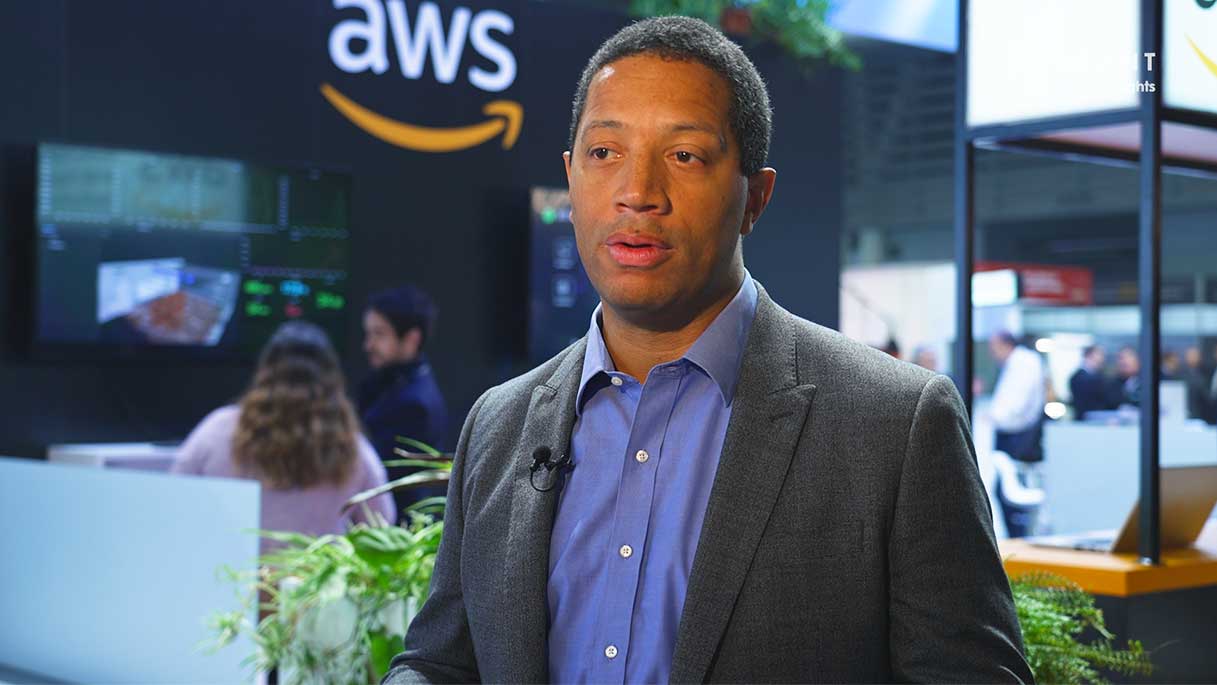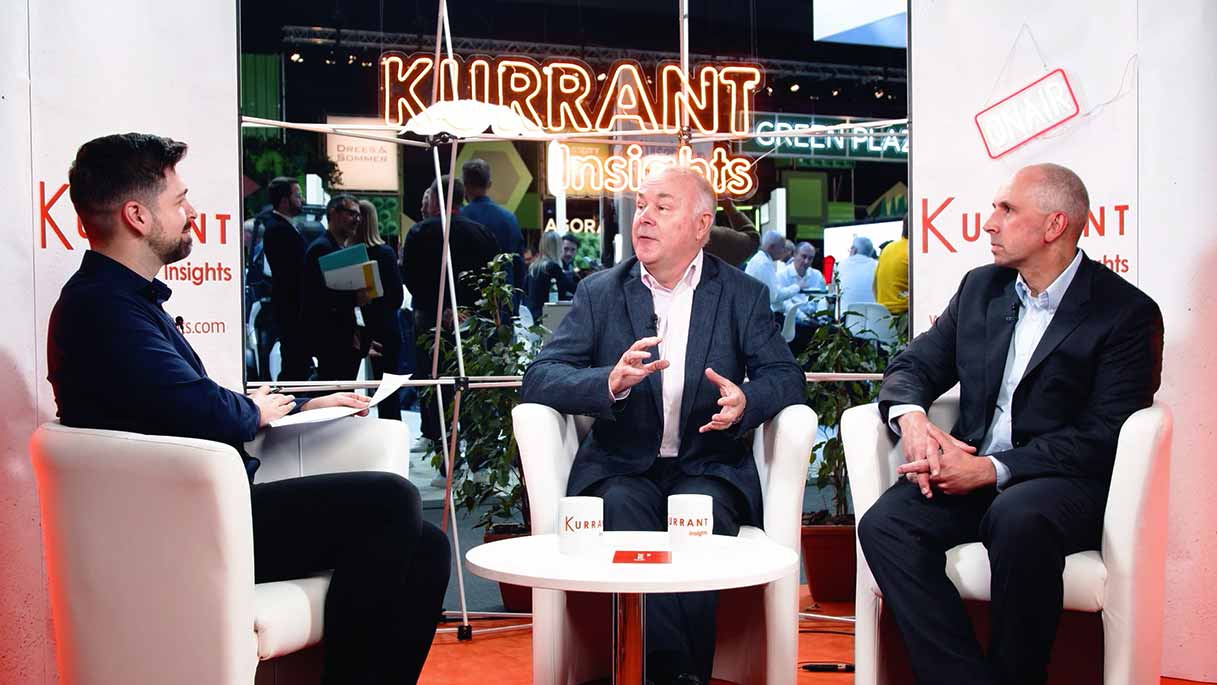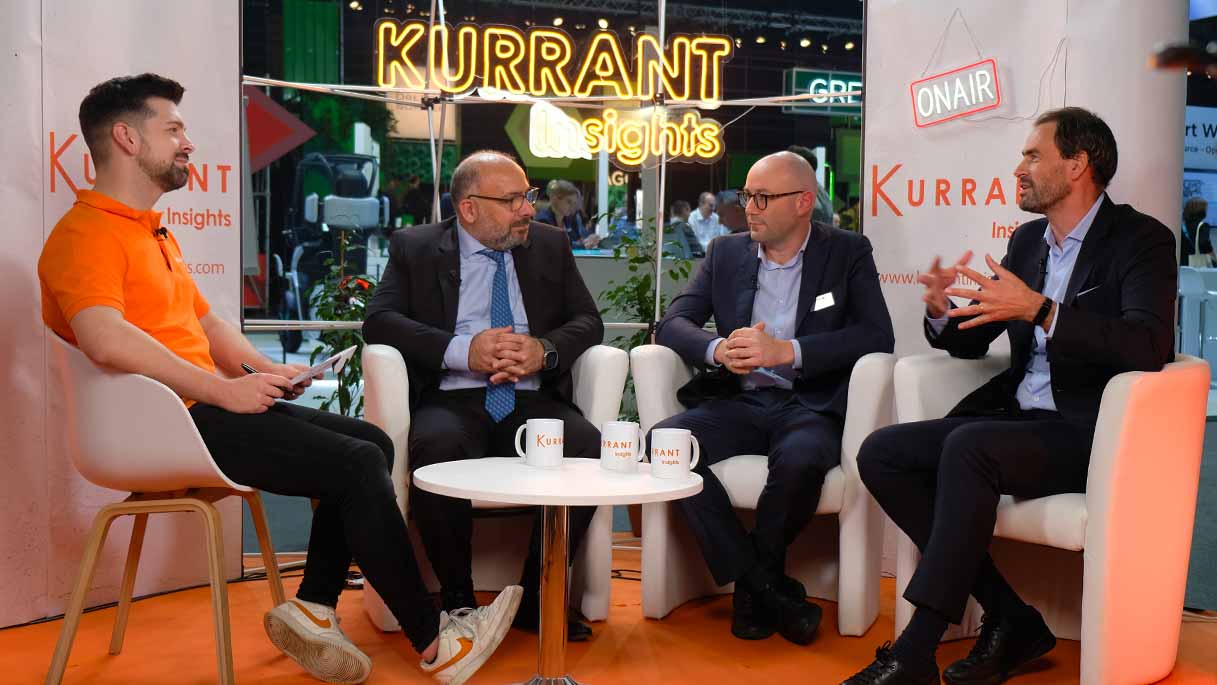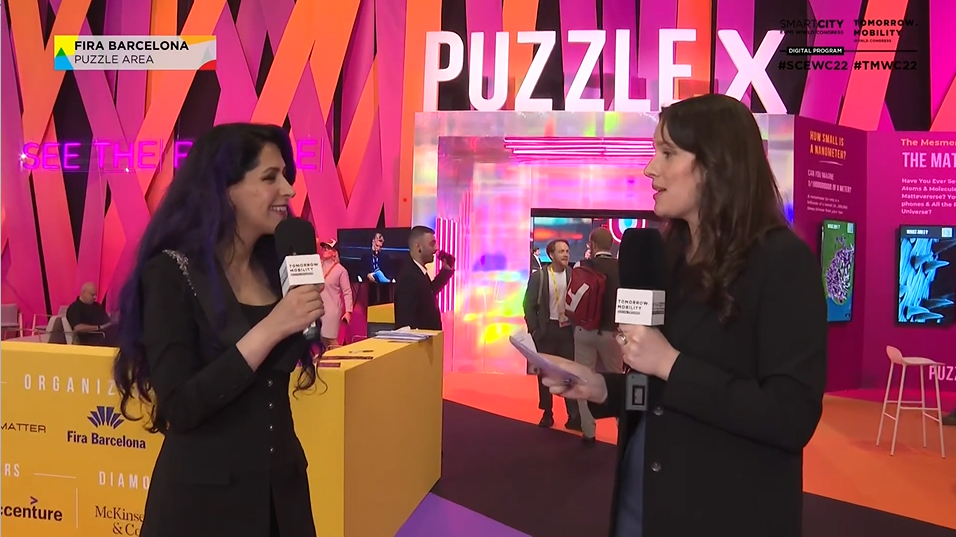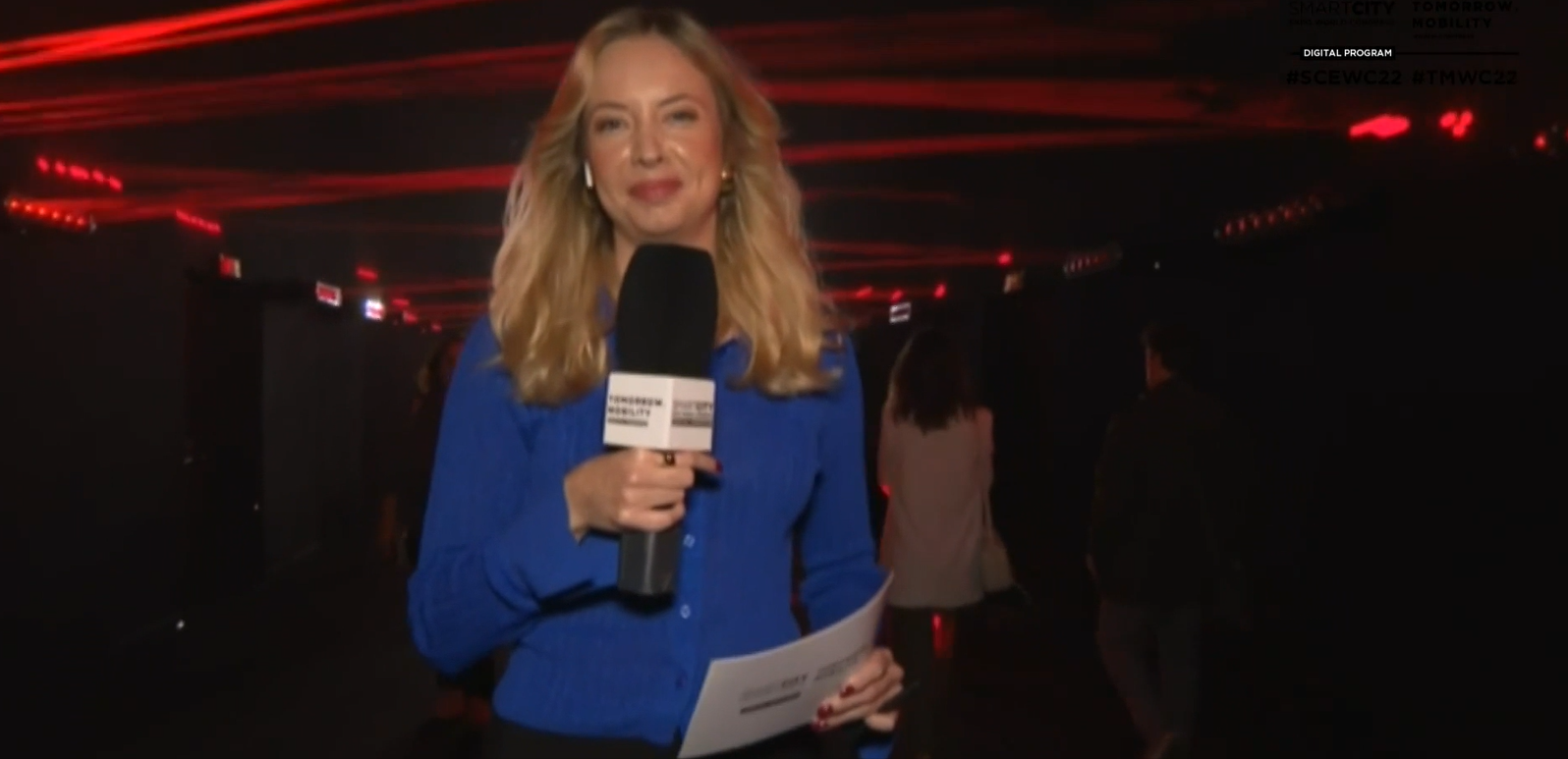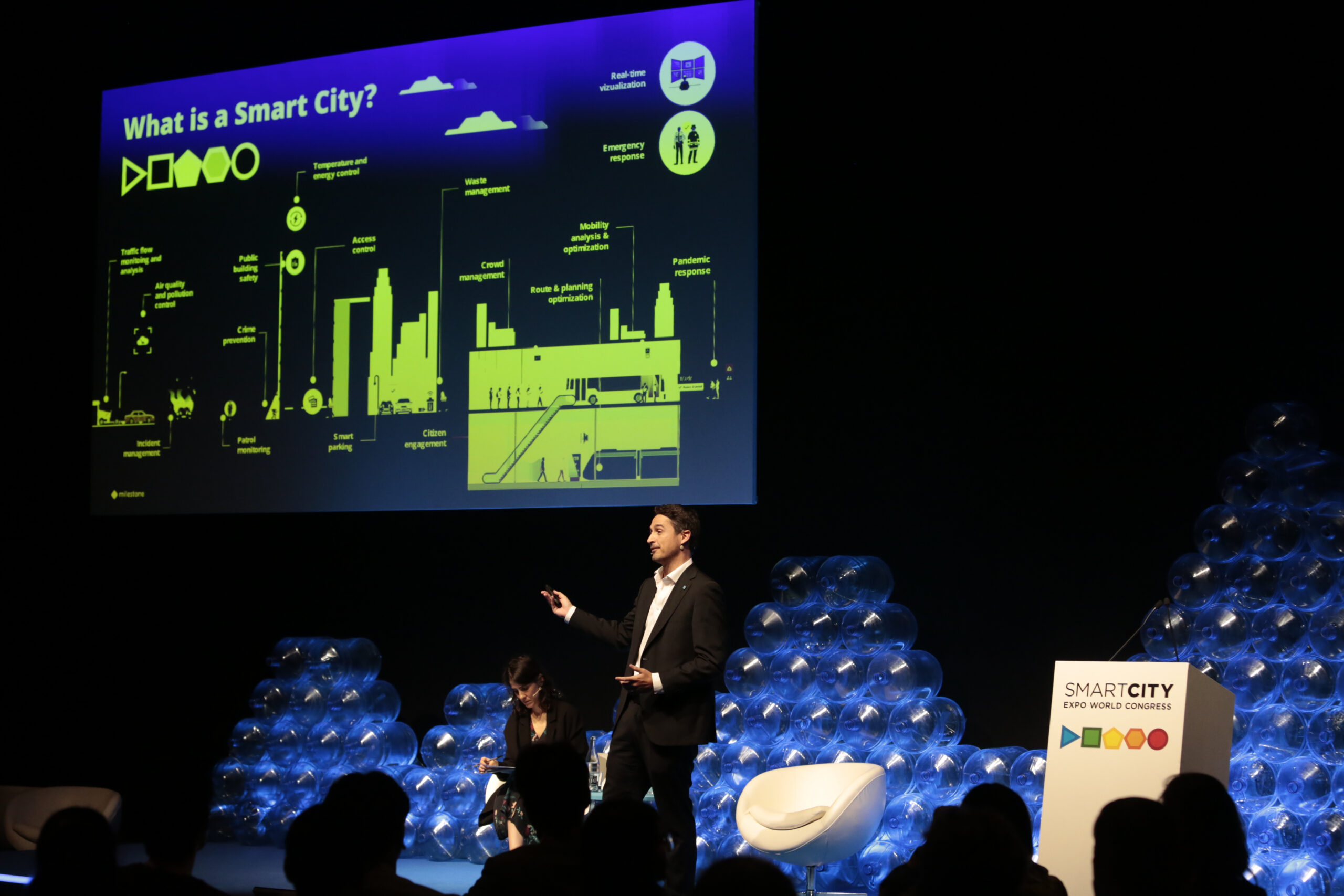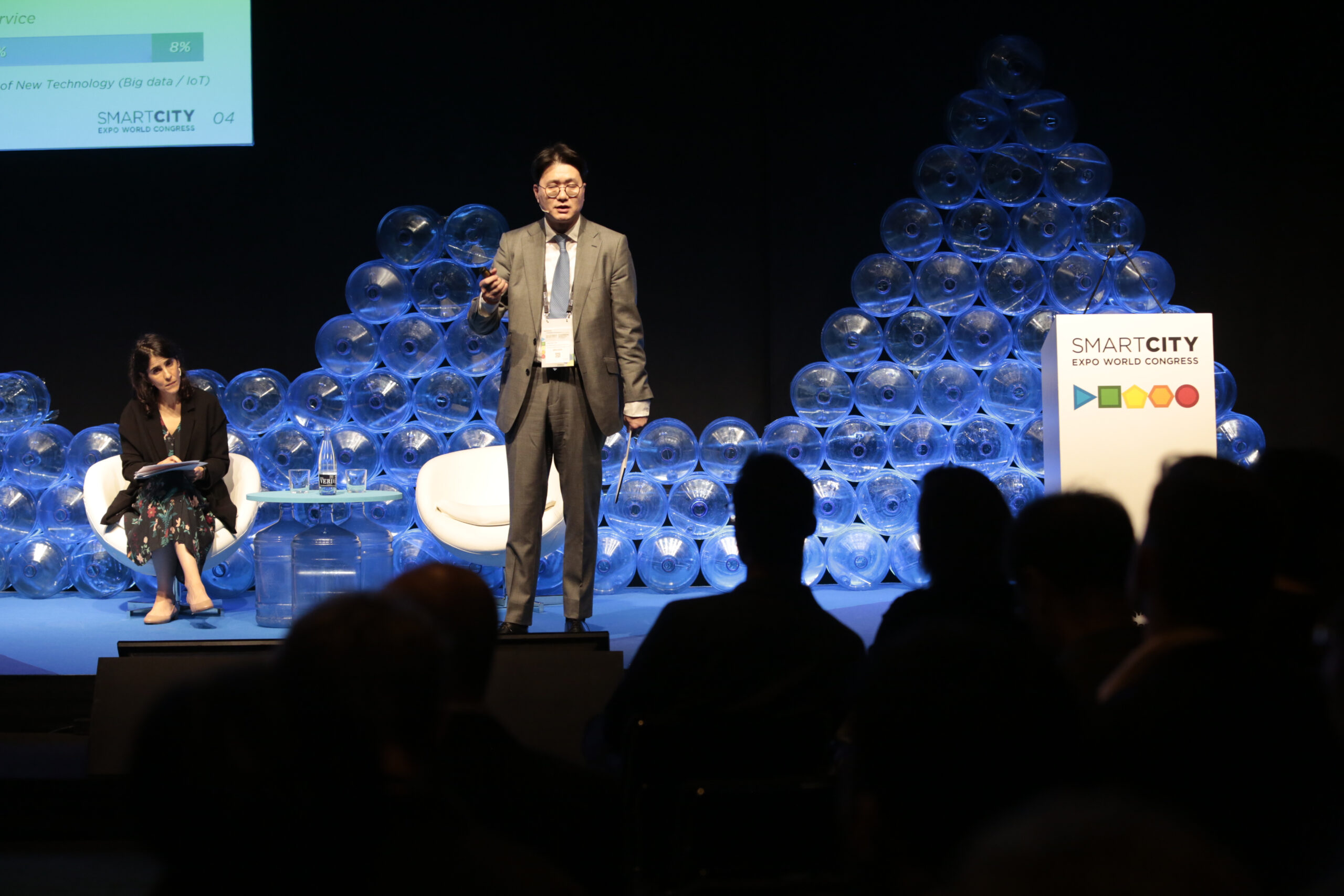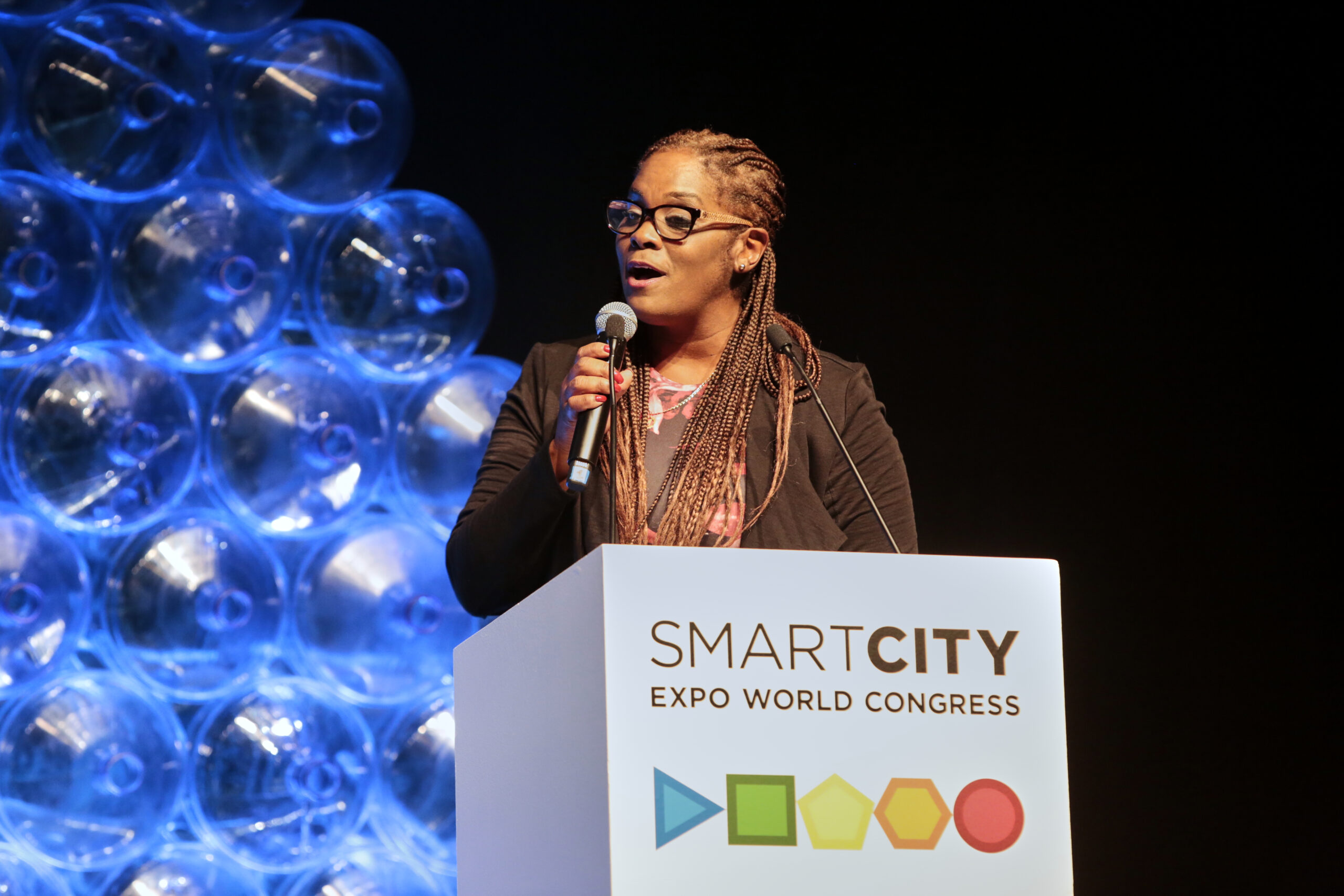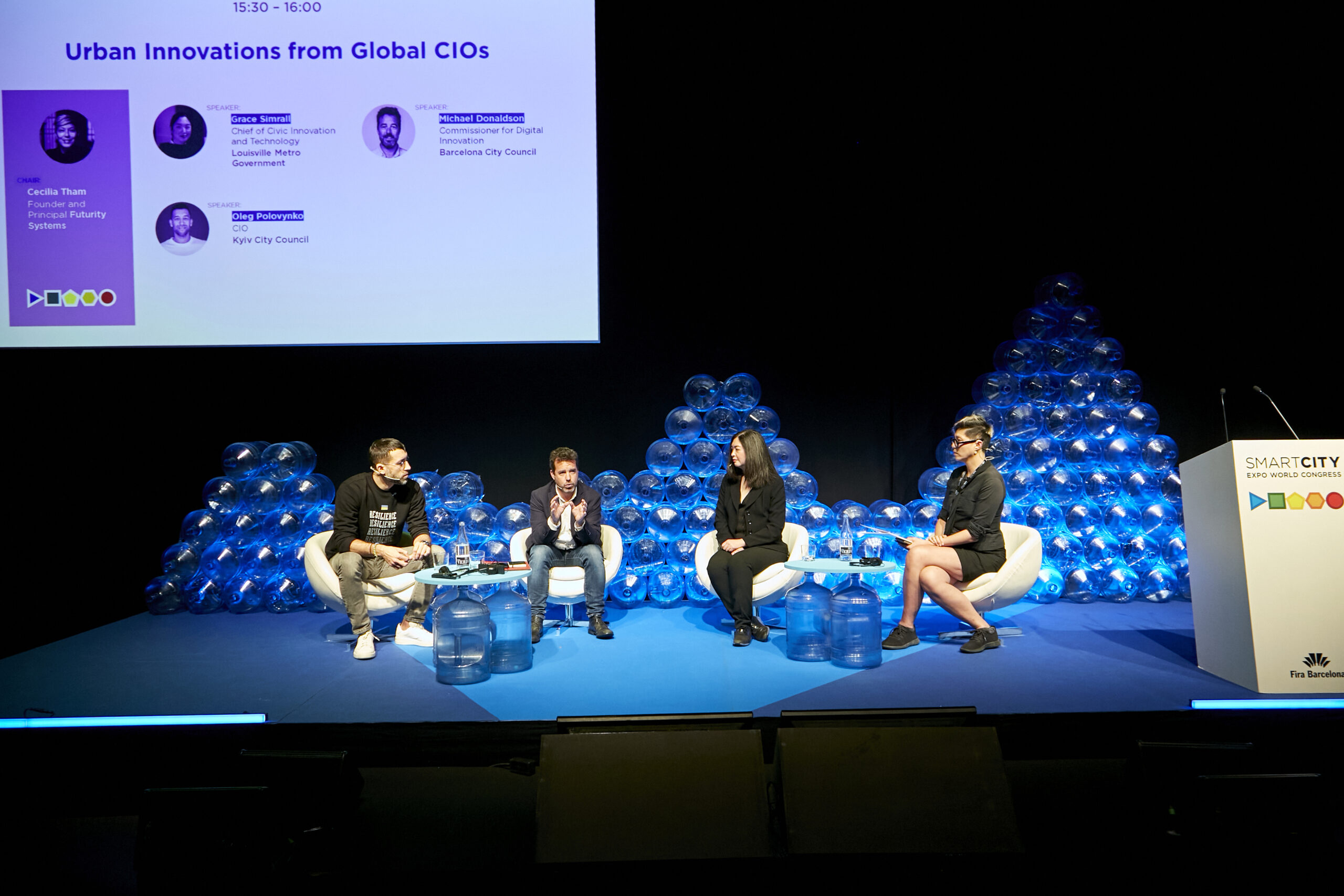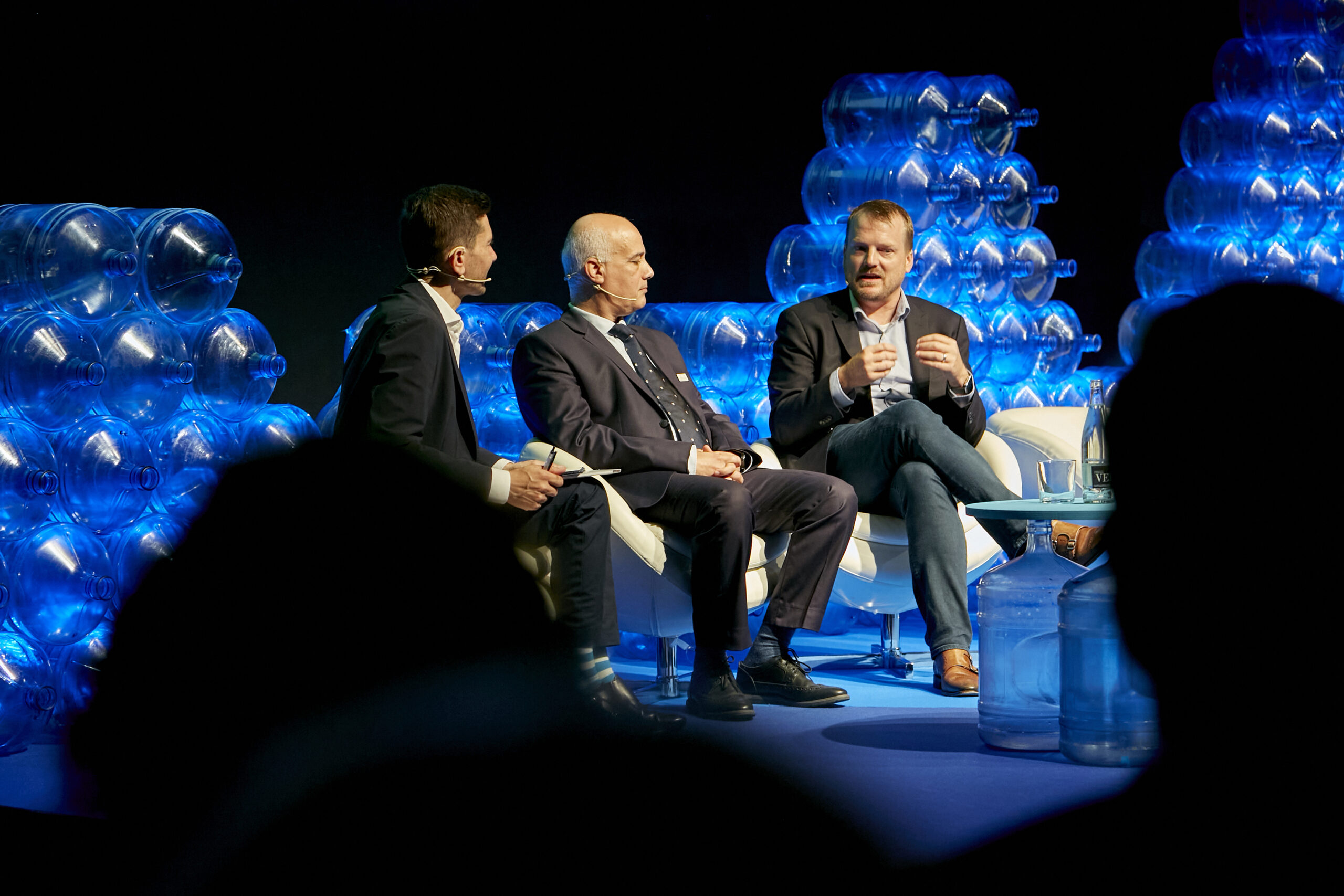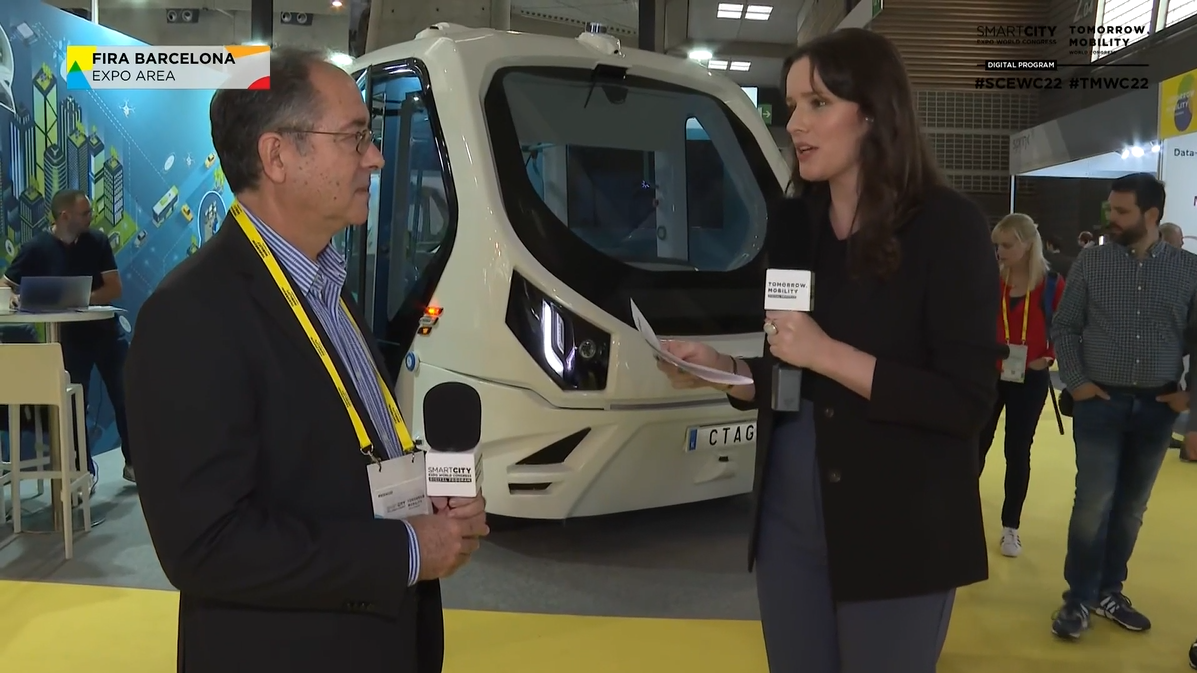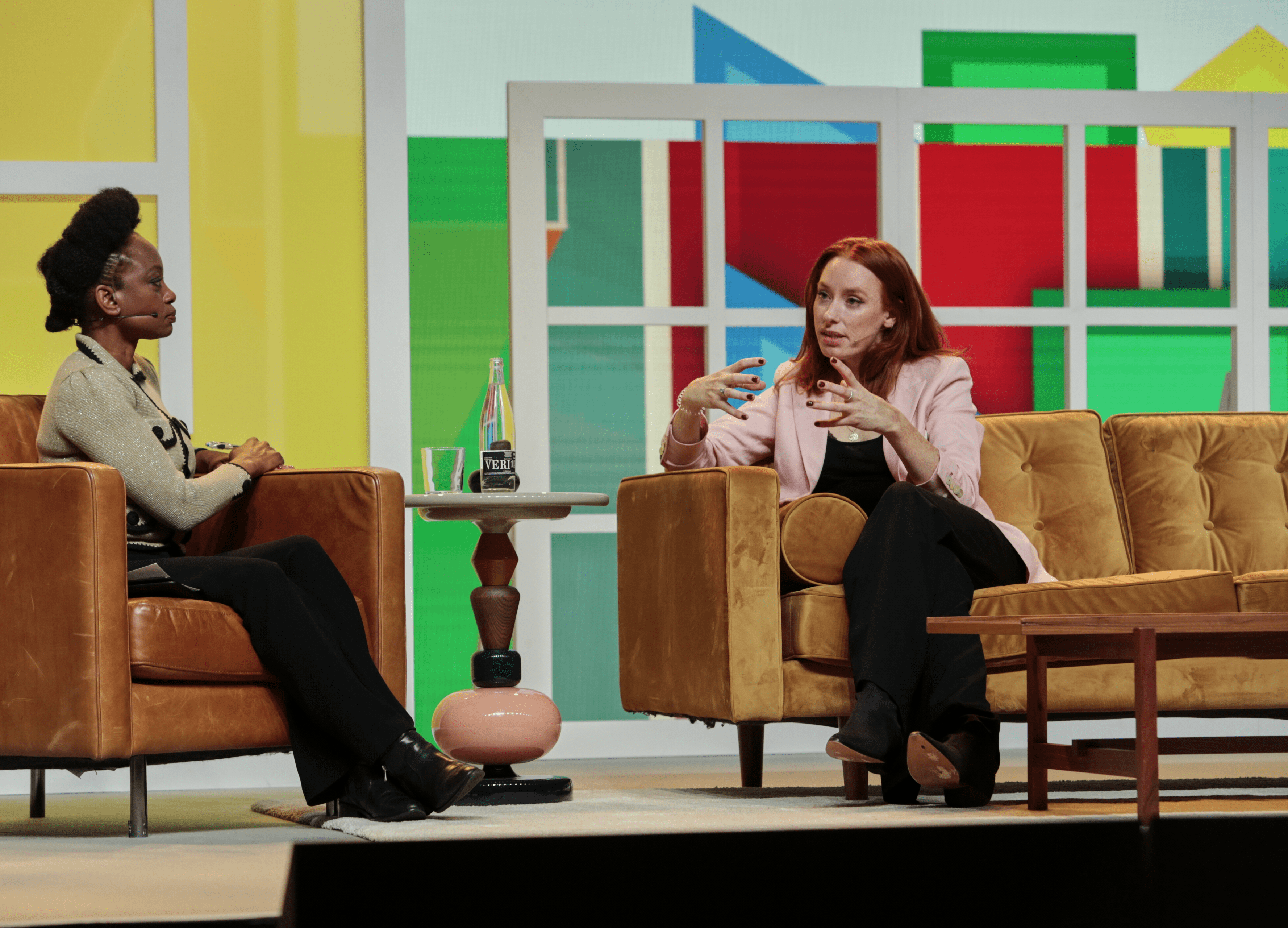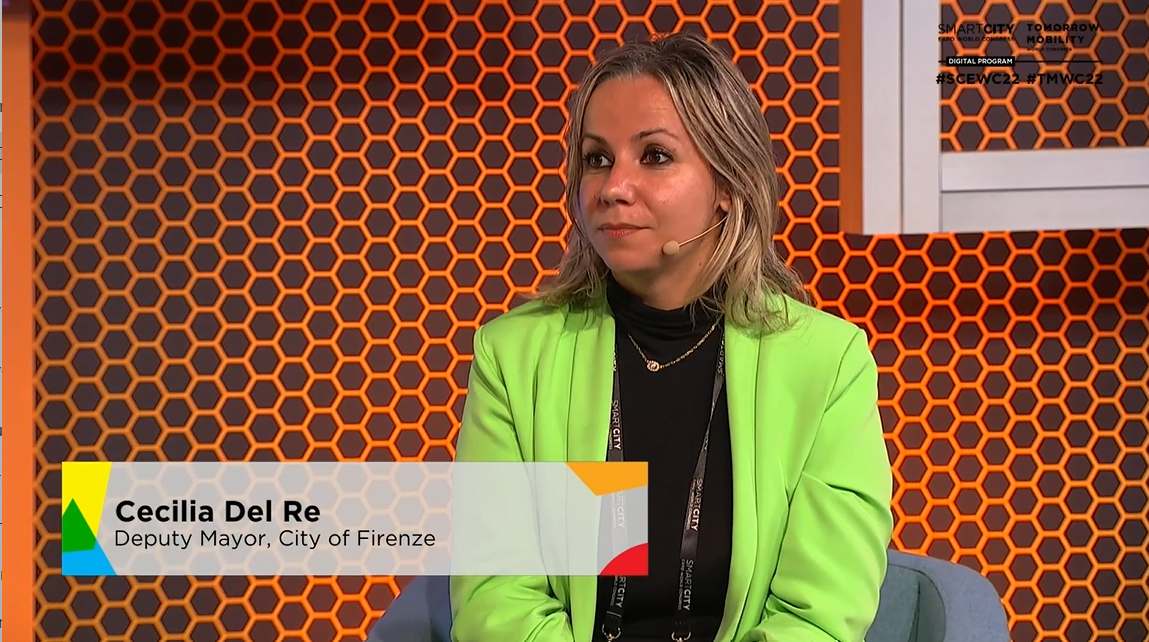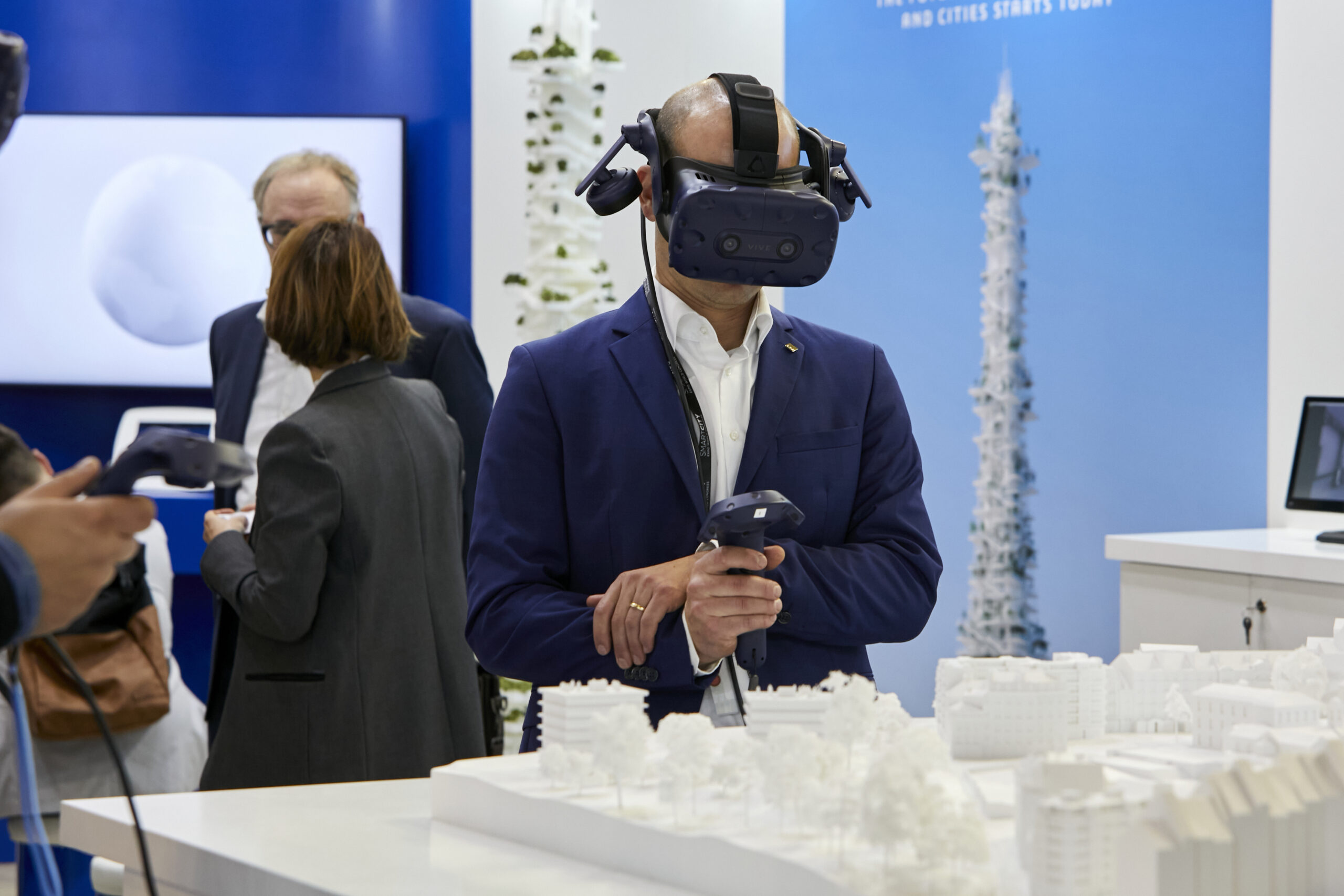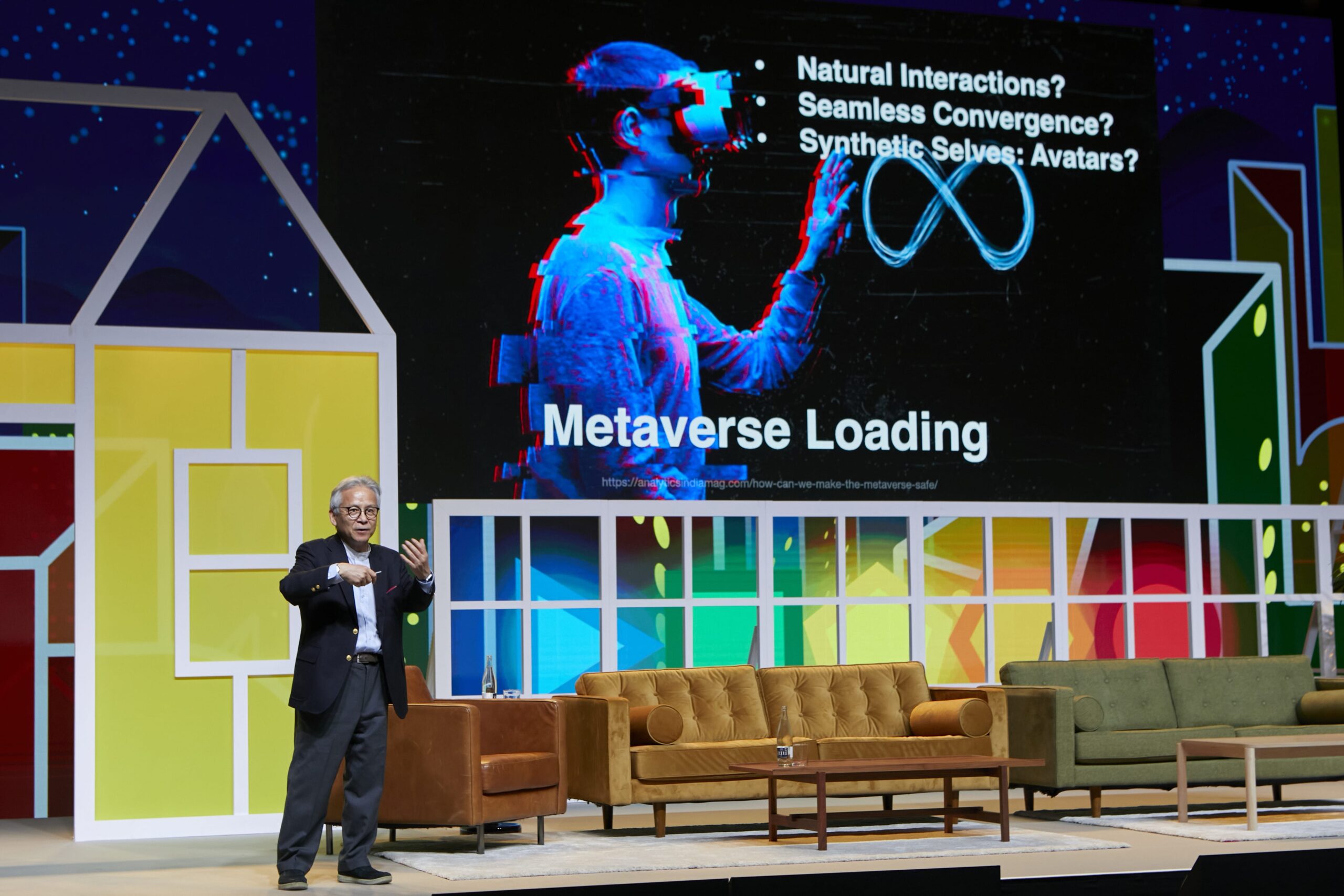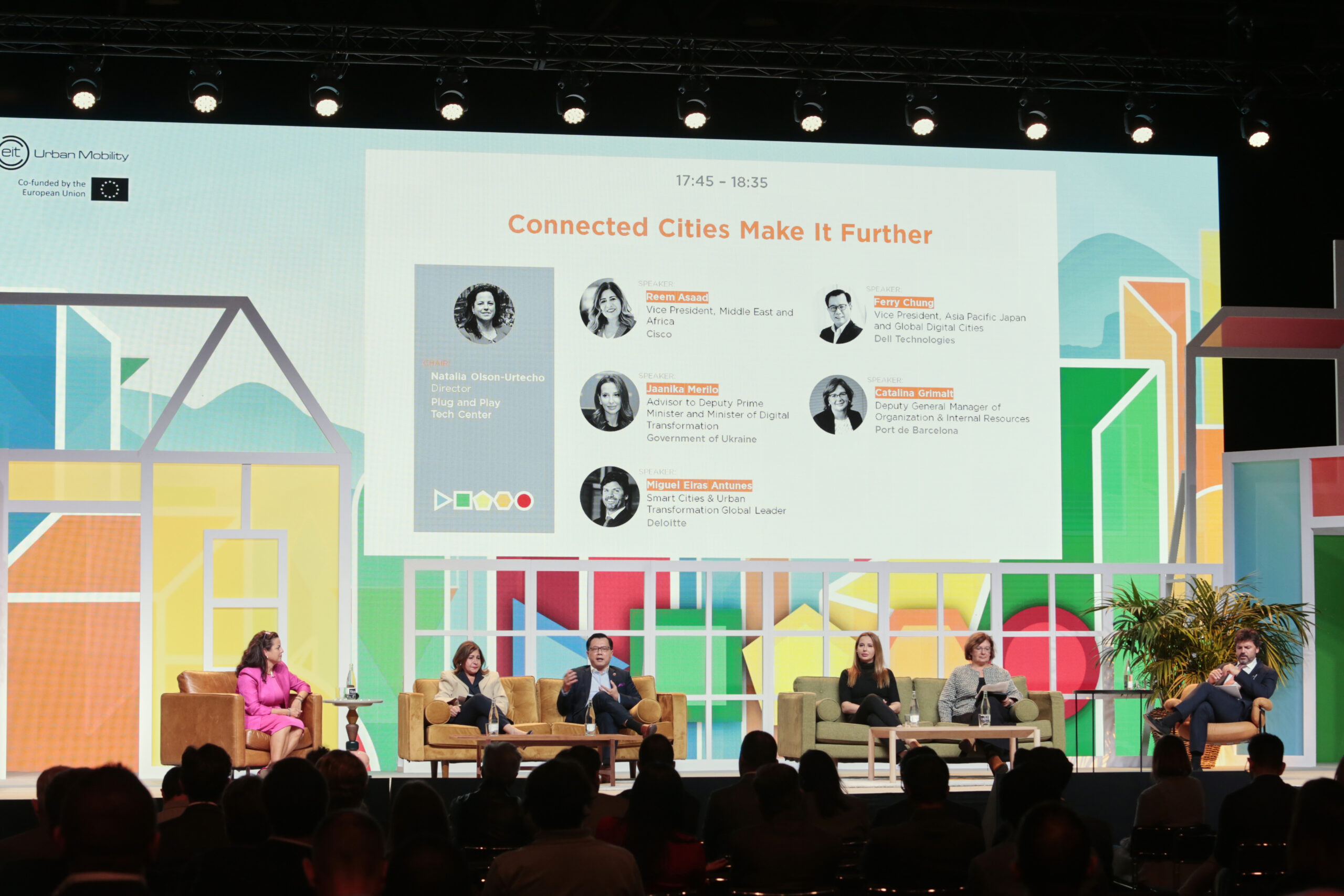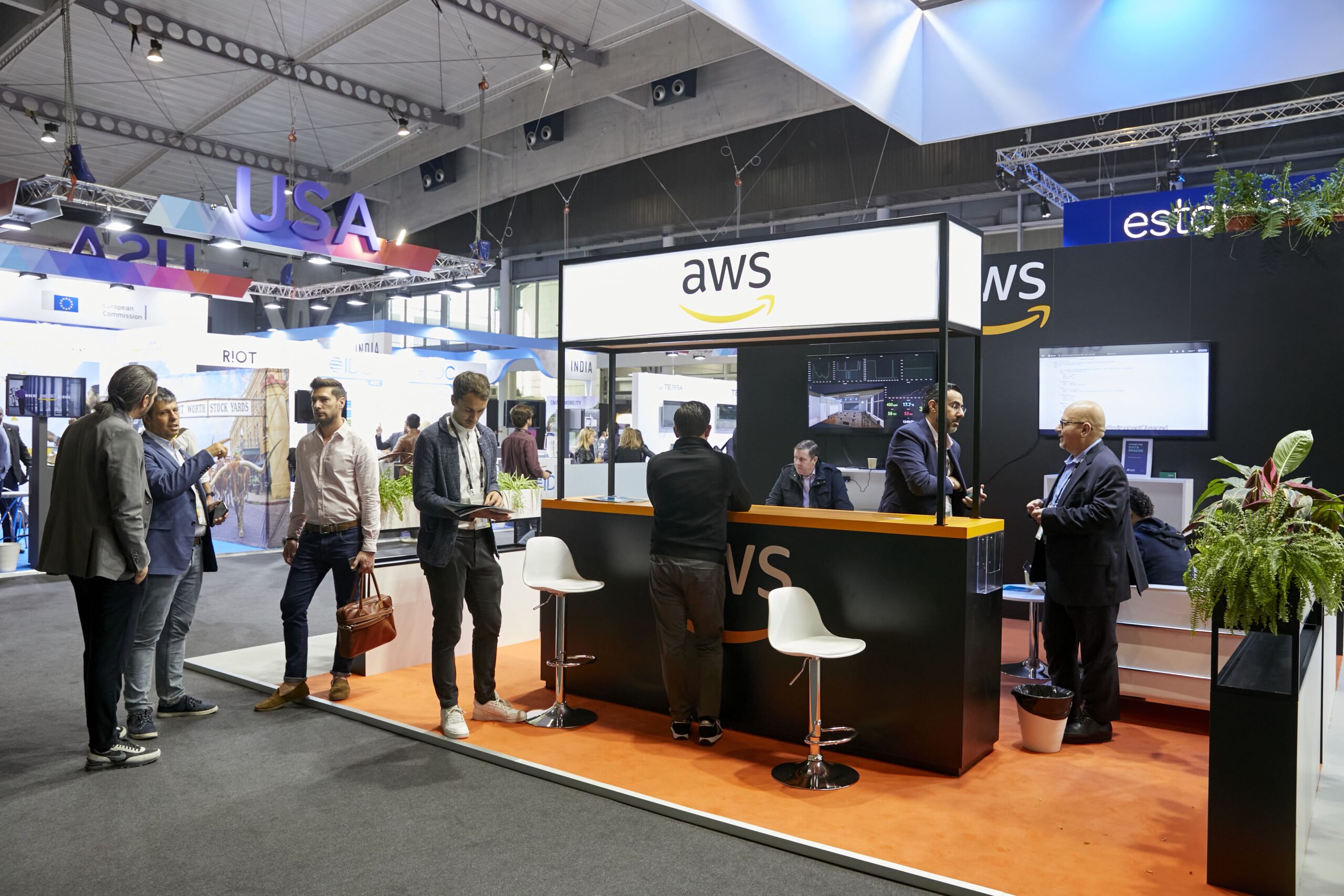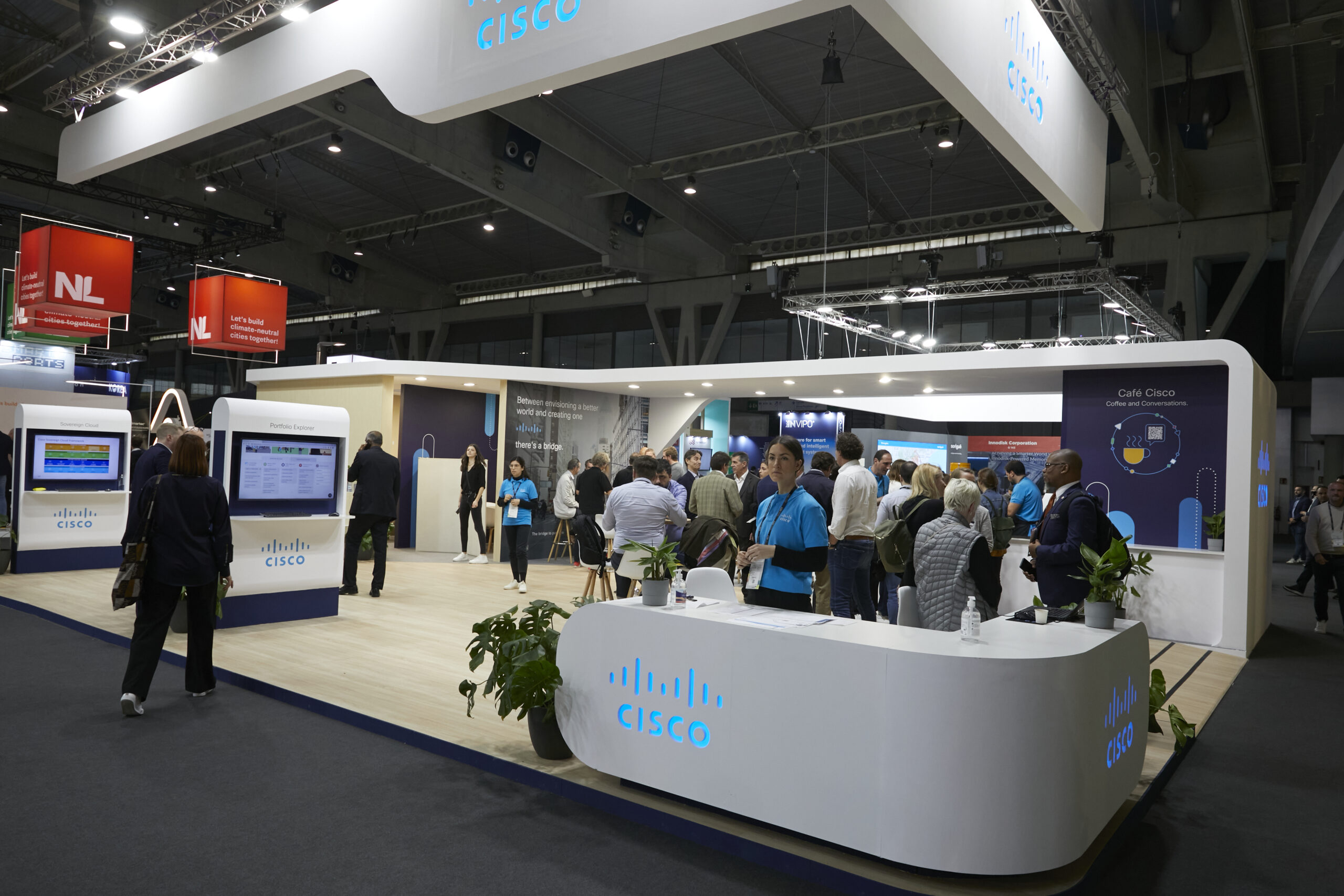Author | Jaime Ramos
Today, almost one decade since the Bitcoin revolution, the debate about the benefits of blockchain outside of the financial sphere is in full swing. Tallinn and Estonia’s journey to become a digital society would appear to prove that local governments are more efficient thanks to the use of this technology.
What is blockchain? Definition and advantages

In order to understand the value of blockchain we need to understand its mechanism. The concept is not too complex: it is basically a large database that records in great detail all the movements of an activity that can be digitalized (such as economic transactions or administrative formalities). These records are called blocks.
The main quality and value of blockchain lies in its security. The information about the activity we are referring to, i.e., the blocks, are encrypted, while also being distributed through a network of peers or nodes. This means that every "participant" is also a provider and owner of that vast database.
A data confirmation procedure acts as the last element to certify the veracity of the activity. A "consensus" algorithm is used, which is a mechanism that verifies the data and ensures transparency.
The vast potential of this technology lies in the possibility of recording any digital activity through its own superstructure and without the need for intermediaries, since the responsibility for executing and corroborating the validity of a transaction (whether this is an economic transaction; or requesting a public service) lies with the actual network of users.
How can cities benefit from blockchain?
There are countless ways in which blockchain can be beneficially applied beyond the financial sphere. In the private sector, there are companies that can accelerate their decarbonization and sustainability by tracking raw materials, which this technology.

Cities are following this trend and, in some points of the world such as Dubai, blockchain now forms a key part of their urban strategy. Authorities even state that, thanks to blockchain technology, they could save around 5.5 billion dirham annually, which is what it cost to build the city’s tallest skyscraper, the Burj Khalifa.
The urban advantages of Blockchain extend to various areas: e-governance; savings, efficacy and security in administration; greater control over processes related to sustainability, combating poverty or the introduction of other technologies; or greater transparency in power flows. In recent years we have seen blockchain solutions to combat child labor or toboost self-driving vehicles.
Tallinn, the first blockchain capital
Although Dubai is determined to claim to be the global leader in terms of this technology, the blockchain spark, as an instrument for urban administration, was ignited in other latitudes.
The emphasis of Tallinn and the Estonian authorities on digitalization acquired a new dimension last decade with blockchain. They have not only experienced its virtues, but they have also had to change in order to remedy some weaknesses. These are related to potential security breaches and tackling what is known as vaporware, working on models that are far removed from reality and never materialize.
The economy, the Estonian blockchain spark
Although Estonia’s firm commitment to digital education goes back years, it was the economic area that first spurred the authorities on to use blockchain with the aim of implementing their governance and public administration processes.
Today, they can proudly boast that 99% of their public services are digitalized in this small country in which half the population lives in the city of Tallinn. Thanks to blockchain technology, all correspondence with the administration can be performed via an electronic device. All, except marriage and divorce procedures and real estate transactions. According to official studies, the digitalization of public services saves the country more than 1,400 years of working time and 2% of its GDP annually.
Rise and tumble of the Estonian cryptocurrency paradise
A milestone that attracted the attention of the rest of the world, and significant foreign capital, was the introduction of the so-called e-residency in 2014. This enabled foreign businesses to operate remotely on legal grounds protected by the Estonian system. Overnight, the country became a cryptocurrency paradise from companies involved in this activity; until some well-known scandals and frauds alerted the authorities to increase the requirements and reduce the privileges of the digital residency.
However, this has not ended the major solid base created around cryptocurrencies. CoinsPaid, the largest cryptocurrency payment company, operates in Tallinn and, today, 44% of the population are in favor of paying for basic consumer goods using this method.
The triumph of electronic voting
Despite the successes and challenges surrounding cryptocurrencies, the truth is that Estonia and, specifically, Tallinn, are perhaps the city and country in the world that have been most effective in applying blockchain technology.
Some of the most paradigmatic examples include the tax payment system or online voting. This is considered to be the most reliable in the world and, at the moment, it has been used in up to six electoral processes, nationally and locally in 2017 and 2021.
The strictest requirements for digital voting to ensure that they are democratic, are based on the pillars of digital identification and the KSI blockchain platform, which stores, distributes and guarantees transparency, confidentiality and the security of the system.
This same Estonian blockchain technology has not only been a success at a national and local level, it has also been implemented in the government’s entire organization chart. Organizations including the UN, the US Department of Defense, or companies like Boeing, use the technology.
From governance to digital art
Blockchain has filtered into all urban governance processes, from education to health. So much so, that the city council has increased its collaborative initiatives, such as surveys in which the local population can help, for example, to combat light pollution by identifying critical areas.
Tallinn has climbed the technology rankings in recent years and it is now the tenth most innovative city in the world. In terms of blockchain, it has even permeated artistic and architectural innovation. Tallinn’s most recent Architecture Biennale brought with it the first architectural project funded and developed using and inspired by blockchain.
Images | Freepik/wirestock, Freepik/vecstock

















